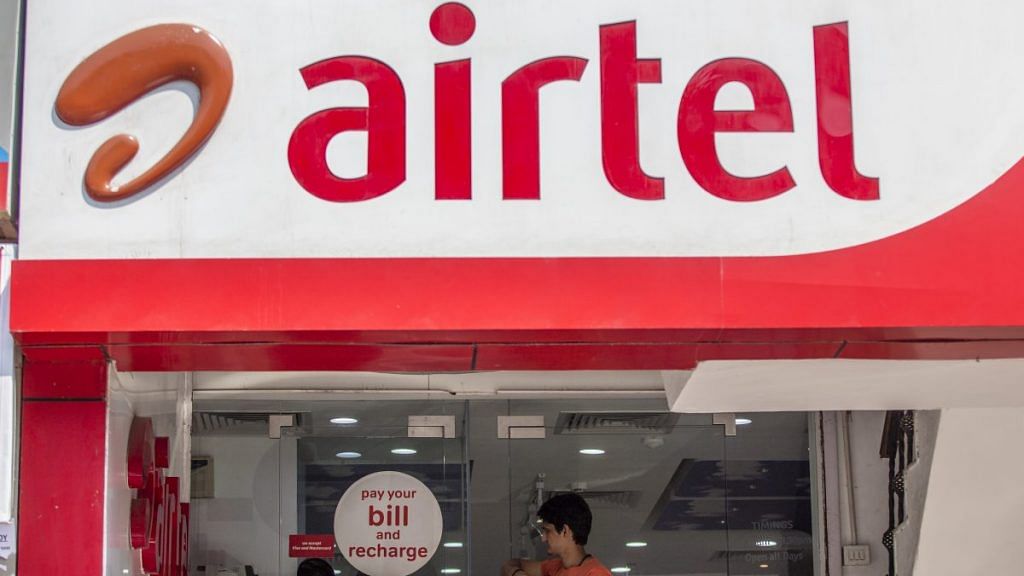The finance industry is in turmoil. Tax collections have hit stall speed. India’s credit and fiscal crises are joined at the hip.
Consider the $13 billion in past fees that the government is asking from telecom operators. It’s a desperate attempt to squeeze money from an industry in which most players have already vanished or gone bankrupt. The two old firms that are still standing amid intense price competition from newcomer Reliance Jio Infocomm Ltd. will bear the brunt of the recently court-approved demand.
Among them, Vodafone Idea Ltd. has a one-year default probability of 7.5%, according to a Bloomberg risk model. That puts its $14 billion debt within shouting distance of distressed. If Vodafone Idea goes to banks asking to recast its borrowings, something that the company has so far denied doing, lenders will receive a fresh blow.
India’s banks are miserable, and not just because they’ve already piled up $200 billion in bad debt. In at least five ways, New Delhi’s tax kitty, which has grown by just 1.5% so far this fiscal year, the slowest in a decade, is exacerbating lenders’ unease:
- A resource-constrained government means that state-run banks, which control the bulk of India’s loan market, can’t expect to get enough of taxpayers’ money to make loan-loss provisions for past underwriting mistakes, let alone raise fresh capital for growth.
- With the paucity of state funds curbing new road contracts, construction companies’ debt will also sour. They’ll be joining electricity producers that are stranded because financially stretched state utilities won’t award long-term power purchase agreements. Some states want to renege on existing deals, even as they sit on $8.5 billion of overdue payments.
- As the government starts panicking about revenue, it will try to get funds wherever it can, such as by arm-twisting a telecom industry that has no capacity to pay.
- The tighter budgets mean that the government will shy away from using taxpayers’ money to untangle the mess in real estate. Shadow banks are in trouble — and dragging deposit-taking institutions with them — because of their outsize exposure to failed property projects. All that banks can do about defaulting financiers such as Dewan Housing Finance Corp. and Altico Capital India Ltd. is to pretend to restructure their borrowings and kick inevitable losses down the road.
- Finally, after more than two years of tweaks and tinkering, a nationwide goods and services tax — the single-biggest economic reform of Prime Minister Narendra Modi’s government — is failing to generate the kind of fiscal resources that were hoped. The more the government tries to plug its shortfall, the more onerous for large firms to deal with smaller suppliers.
The GST came a few months after Modi’s disastrous November 2016 ban on 86% of the currency then in circulation. The complicated levy has been an additional source of pain at a time of demand funk in nearly every industry. No surprise that the ratio of nonperforming loans for midsize Indian firms has shot up from 13% at the end of 2015 to 17.5%, compounding the misery for lenders.
Given the linkages between India’s credit and fiscal woes, partial solutions — such as making telecom firms cough up a lot of money suddenly — will only backfire. The twin challenges will have to be faced together. – Boomberg
Also read: Telecom crisis, targeting e-commerce: Is Ease of Doing Business in Modi’s India a myth?
